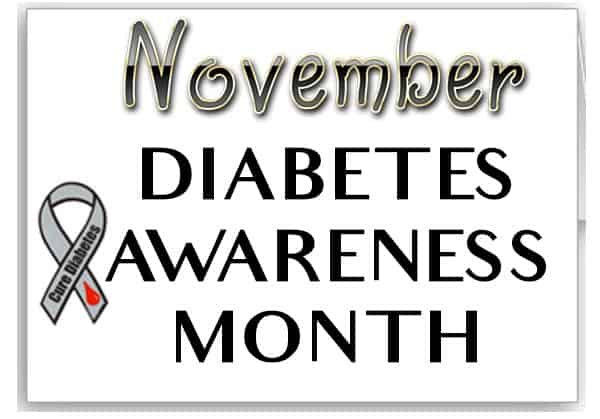
In this article, I talk about something you may have picked up on as Diabetes Awareness Month continues: the debate over what to call someone with a dysfunctional pancreas. It’s floated closer to the surface of social consciousness over the last few years, and if you Google it, you can see firsthand the thoughts of the Internet’s prominent diabetes writers on an apparently complex issue.
I didn’t realize how much language impacted me as someone with type 1 diabetes until I thought about the way some of my social media contacts talked about their experiences using phrases like: “struggling” to “fight” through a low blood sugar.
I’m a writer. Word selection is important to me, and the meanings of words matter—for instance, there’s a winner and a loser in a fight. In order for my perfectionist brain to make sense of this thing that I can’t always control, I don’t think about diabetes as something I have to win—it’s just something I have to live with. Symbiosis.
Here are a few ways to approach the great diabetes debate:
1. Join the conversation
As it simmers among Twitter accounts, in groups on WhatsApp, around diabetes organizations, and on diabetes blogs, everyone throws their two cents in. Reading and listening to what the diabetes community thinks about the issue can help you decide to what degree you want to participate. A lot of people aren’t concerned about labels and want to focus on the impact the diabetes community can have on the world, rather than on semantics. For some, using one term to describe people with diabetes is cultural thing that means no offense.
For more informative articles see below:
But some people ARE offended, and their feelings are valid, too. Personally, I’d rather put my energy into diabetes advocacy (like by creating a listicle) because that channel suits me. But when I think it’s a fitting time to say something, I approach the conversation as an opportunity to educate and inform—which is what I want to achieve through diabetes advocacy, too.
2. Hang out with friends in the diabetes community
Something that has helped me with this has been making very good friends who have diabetes from around the world. This is made easier thanks to the Internet, but nothing can replace grabbing a coffee with someone that really gets it.
It helps me think about diabetes in a broader context and without the direct blame that comes with too much self-awareness. In America, where there are a million “cures” for “diabetes” and people with type 1 or type 2 or any type are not treated with dignity and respect, words carry a lot of weight. Especially in other countries, language that surrounds diabetes may not be a social issue. Talking about all aspects of life with diabetes with someone who also lives it can alleviate anxiety and stress.
3. Lean on your support group
Friends who don’t have diabetes can give you some important perspective. Recently, a friend who’s known me for 10+ years told me that she rarely thinks about me and diabetes in the same thought because I seem like a person that has control over my body and my health most of the time. I laughed! Me? No way.
She asked me if I could remember the last day where I “felt” perfectly fine. I said I didn’t know. As everyone with diabetes knows, there is so much that we can’t control, no matter how hard we try. I don’t frame my goals around “having a day with zero highs or lows” because that’s not realistic and would (and has) set a perfectionist like me up for disappointment and inevitable failure.
It’s taken me a long time and a lot of listening to my family and friends, but now I make a conscious effort to be nice to myself. I should be as nice and as complimentary to myself as my friends are to me. Would I treat my friend the way I treat myself after miscounting my carbs in a sundae or after a late night out? No way!
So I started using language that reflects how I want to see myself; I choose words that reflect positive self-worth. While I think people should be able to accept or reject whichever labels they want, I’ve made it through the entire article without mentioning the one word that’s easiest to call me in regard to my condition. Hmm…
What do you think?
TheDiabetesCouncil Article | Reviewed by Dr. Christine Traxler MD on June 02, 2020







